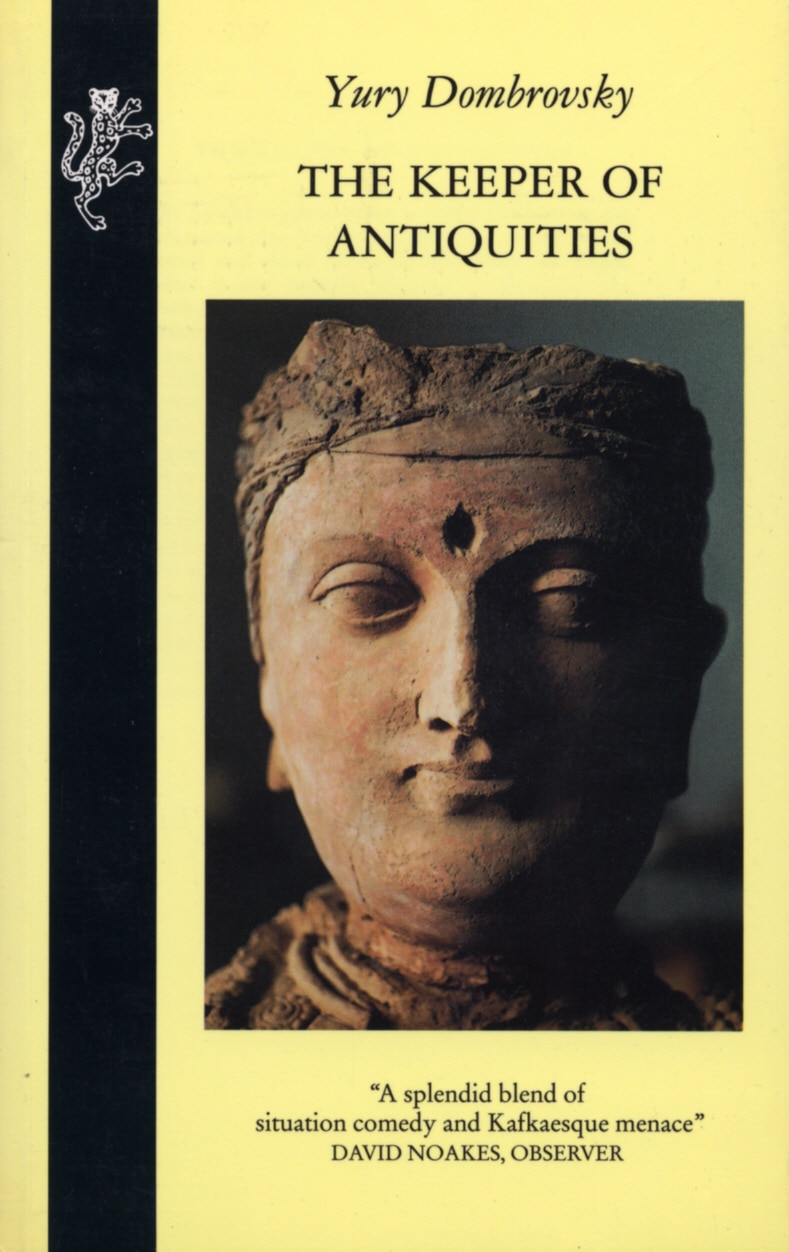No gift registry found click here to create new registry
Cart contain Gift Registry Items cannot add products
The Keeper Of Antiquities
15.99 JOD
Please allow 2 – 5 weeks for delivery of this item
Add to Gift RegistryDescription
The Keeper of Antiquities is simultaneously one of the great Russian modern novels and a key to understanding the terrible Stalinist purges of the late 1930s. Set far from Moscow in the remote Kazakhstan capital of Alma-Ata, The Keeper of Antiquities begins with a leisurely, almost scholarly air – like a devious story by Borges. But very soon we find ourselves watching with horror as professional rivalry between the keeper of the town’s museum and the chief librarian turns into a deadly struggle for control over the meaning of the past – and therefore over the present.
Additional information
| Weight | 0.305 kg |
|---|---|
| Dimensions | 2.1 × 13.5 × 21.5 cm |
| Format | Paperback |
| Language | |
| Pages | 288 |
| Publisher | |
| Year Published | 2012-12-18 |
| Imprint | |
| Publication City/Country | London, United Kingdom |
| ISBN 10 | 1846556759 |
| About The Author | Yury Dombrovsky (1909-1978) was born in Moscow, the son of a Jewish lawyer. He was arrested for the first time as a student in his second year of theatre studies in 1932 and exiled to Alma-Ata in Kazakhstan, where he published his first novel, Derzhavin. In 1937 he was arrested again and sent to a camp in northeast Siberia. Between 1943 and 1949 he lived in Alma-Ata teaching foreign literature; there he completed The Monkey Comes for His Skull, which he had begun in prison hospital, and wrote The Dark Lady. He was again arrested in 1949 in the campaign against "foreign influences and cosmopolitanism" and this time received a ten-year sentence to be served in Siberia. He was eventually released in 1955. His novel The Keeper of Antiquities was published to acclaim in Novy Mir in 1964, at the end of Khrushchev's brief period of liberalization, but, like his other books, was not reprinted in Russia until the late 1980s. The Faculty of Useless Knowledge, his masterpiece, was written between 1964 and 1975, and first published in Russian in Paris just before he died; it only appeared in Russia in 1988.It was widely believed that the KGB disapproved of his writing and Dombrovsky received numerous threats following publication; his arm was shattered by a steel pipe in the course of an assault on a bus, and he was finally attacked and severely beaten in the House of Literature. He died about a month and a half later, in May 1978. |
| Review Quote | A spirited, often anguished, indictment of mindless officialdom wherever it appears |
Related products
-
On backorder 2-5 Weeks to Arrive
Add to Gift Registry -
On backorder 2-5 Weeks to Arrive
Add to Gift Registry10.99 JOD -
On backorder 2-5 Weeks to Arrive
Add to Gift Registry -
On backorder 2-5 Weeks to Arrive
Add to Gift Registry8.99 JOD





